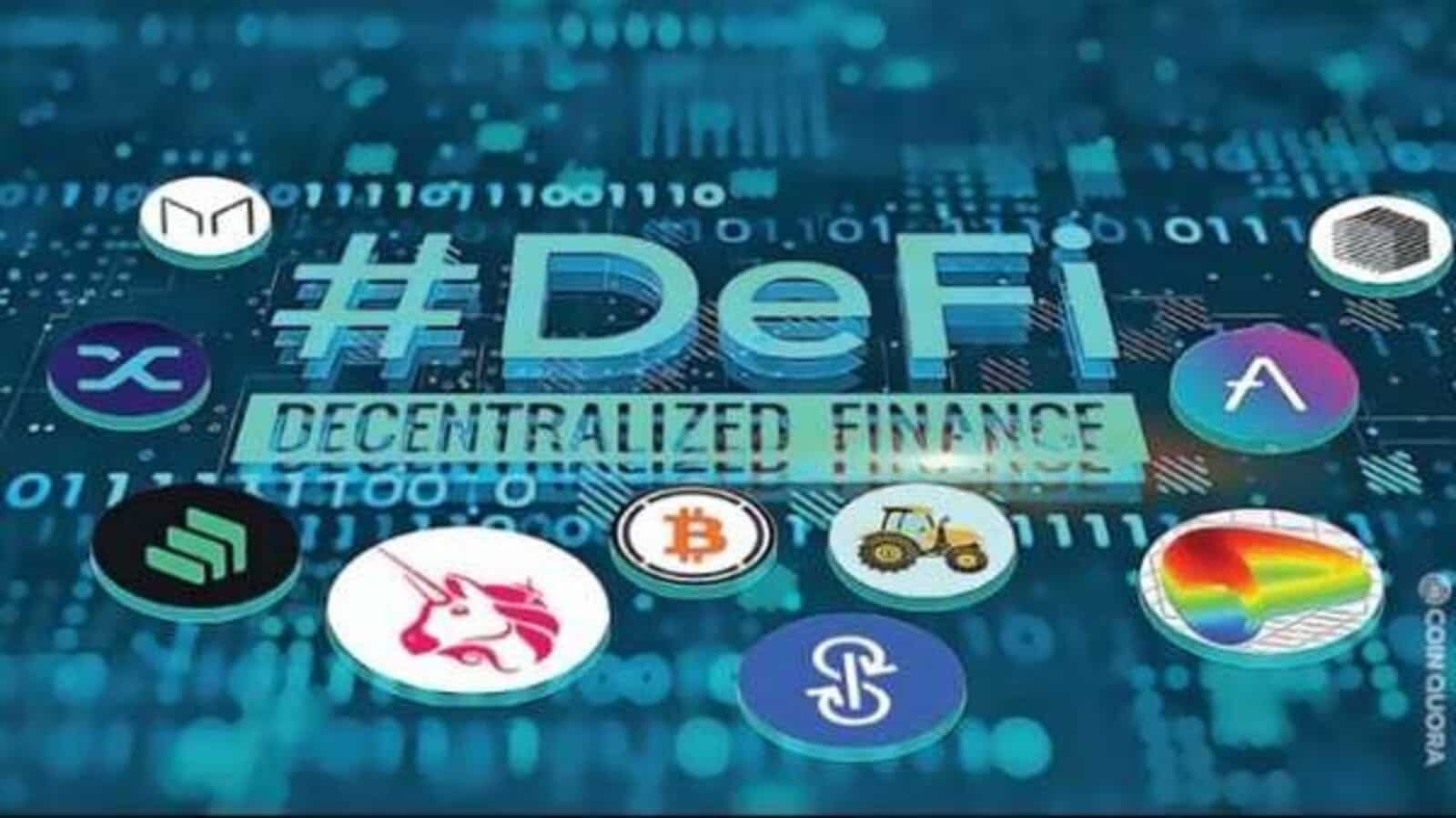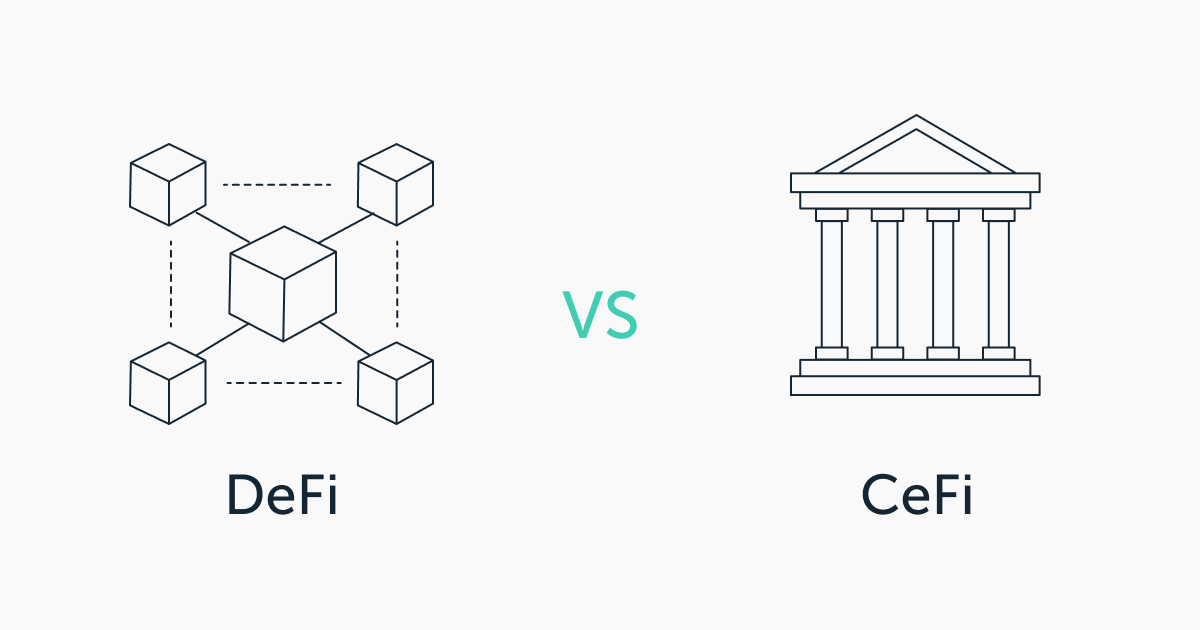More On: DeFi
DeFi Must Be Defended
Millionaire Martin Mobarak was investigated for setting fire to a $10 million Frida Kahlo painting as an NFT stunt
As bankruptcy proceedings continue, Celsius is set to burn $137.2 million in three months
Uniswap V3 gets phished for $4.7M
There are 9 ways that debt and deficit spending hurt African societies very badly
The Digital Commodities Consumer Protection Act (DCCPA) threatens the unique qualities of DeFi, like being able to be put together and not needing permission.
Don't forget about the Digital Commodities Consumer Protection Act while the crypto policy world talks about the future of stablecoins and whether or not DAO governance voters are legally responsible (DCCPA). The bill is co-sponsored by leaders of the Senate Agriculture Committee from both parties. It tries to answer two important questions that have been puzzling crypto lawyers: when should crypto tokens be treated like commodities instead of securities, and how should the exchanges where these tokens trade be regulated?

Even though the DCCPA makes it clear that bitcoin and ether are digital commodities regulated by the Commodity Futures Trading Commission (CFTC), it doesn't make it clear where the line is between crypto securities and crypto commodities. Also, the DCCPA is hard on decentralized finance because it requires all platforms for buying, selling, and trading crypto tokens to register with the CFTC and follow other rules (DeFi). To protect the creativity of DeFi, registration of decentralized crypto token exchanges (DEX) should be completely optional.
Cryptocurrencies are new and different because they let people store and send money anywhere in the world without going through trusted third parties. DeFi takes this idea one step further by cutting out the middleman from not only token transfers but also a wide range of other financial transactions, such as making and getting loans, trading different types of crypto tokens, and setting up new insurance plans.
DeFi uses self-executing smart contracts on cryptocurrency blockchains instead of financial middlemen to deliver financial instruments when certain conditions are met. For instance, if a user locks the right collateral into the smart contract of a lending protocol, a crypto token loan will be made.
DeFi has the potential to change the world because it can be used without permission and can be put together with other projects. The way of lending described above is called "permissionless." To get a loan, the borrower doesn't need a traditional credit score or a "in" with the right institution. Instead, all they need is the right collateral.
DeFi is also composable, which means that functions can be built on top of each other like interoperable Lego blocks. This is possible because the smart contracts that make up DeFi are written with open-source code and standards. For example, a Web3 app that only accepts ether (ETH) as payment can still do business with people who own other cryptocurrencies by using a third-party token swap protocol to change the ether into the other currency.
The DCCPA could hurt what makes DeFi special. Even though the law never uses the word "decentralized," it is very likely that DEXs are covered by it because of how broadly it defines "digital commodity trading facility," which is anything that makes it easier to sell or trade digital commodities between people. Because of this, DEXs would have to follow a lot of rules, starting with having to register with the CFTC.
The problem with these rules is that many of them are aimed at what Kristin N. Johnson, the current head of the CFTC, called "intermediary risks" in a 2021 law review article. This is the chance that financial middlemen will mess up with the assets and information they have. For software that is meant to get rid of middlemen, it doesn't make sense to have rules that protect against risks related to middlemen.

For example, under the DCCPA, covered platforms would have to "hold customer property (including digital commodities) in a way that minimizes the risk of loss." This is important for a centralized exchange that holds users' tokens, but not for a DEX where users hold their own tokens.
Also, as required by the CFTC, trading facilities would have to "make public in a timely manner information on price, trading volume, and other trading data." At best, this requirement is unnecessary for DEXs with smart contracts that are open and can be checked, and where transactions are settled on public blockchains. At worst, it could mean that information has to be given in ways that can only be done if DEX projects are managed more actively.
In the same way, the DCCPA would require digital commodity platforms to name a "chief compliance officer." Regulators micromanaging staff is a problem in any situation, but adding managers to a project that is otherwise a series of smart contracts that run themselves is the worst thing that could be done to reduce risks for intermediaries.
Think about how a mandatory registration system would affect composability and the lack of permissions in the case of a Web3 app that uses a DEX protocol to convert tokens. Given that the DCCPA has a broad definition of "trading facility," the app itself could be seen as a covered digital commodity exchange. If that's the case, DEX interoperability would be a compliance risk, which would take away from the benefits of composable code.
But even if the law were interpreted to put most of the responsibility for compliance on the DEX, the fact that the app and the DEX would have to agree on policies and terms would make the ecosystem much less permissionless.
Any exchange regulation must ask what makes a decentralized exchange different from a centralized exchange and how their risk profiles are different. This will help keep DeFi flexible and permissionless. Decentralization can be defined by technical features, such as whether or not one person or group has majority control over governance decisions and whether or not an exchange is made up of open-source, self-executing smart contracts that can be checked by the public.
The law should also make a distinction between project teams that put themselves between users and a DEX protocol and use their own judgment to decide what to do and developers who let the software, not people, do the work. The important question is whether there is a provider in the loop who makes promises to users that go beyond what is written in code.
For example, if a front-end user interface provider makes promises about how its own performance will help users, such as by actively whitelisting or promoting what it thinks are valuable tokens, that provider is more like a traditional middleman who you expect to act in good faith. Unless these promises are made, though, it doesn't make much sense to put real decentralized exchanges that are just simple front ends and public, auditable smart contracts under rules that are meant to protect against risks from intermediaries.
If a law is going to make DeFi do a lot of things, it should at least know what it is regulating. The best place to start is by defining what it means to be a decentralized exchange, since rules should be made to fit different risks. Anything broader would make it too hard to get into the market, which would reduce the competition that drives innovation, including in consumer protection.
Passing a law that limits the creative potential of DeFi by mistaking disintermediated exchanges for their opposite is a serious risk in and of itself.
** Information on these pages contains forward-looking statements that involve risks and uncertainties. Markets and instruments profiled on this page are for informational purposes only and should not in any way come across as a recommendation to buy or sell in these assets. You should do your own thorough research before making any investment decisions. All risks, losses and costs associated with investing, including total loss of principal, are your responsibility. The views and opinions expressed in this article are those of the authors and do not necessarily reflect the official policy or position of USA GAG nor its advertisers. The author will not be held responsible for information that is found at the end of links posted on this page.
















